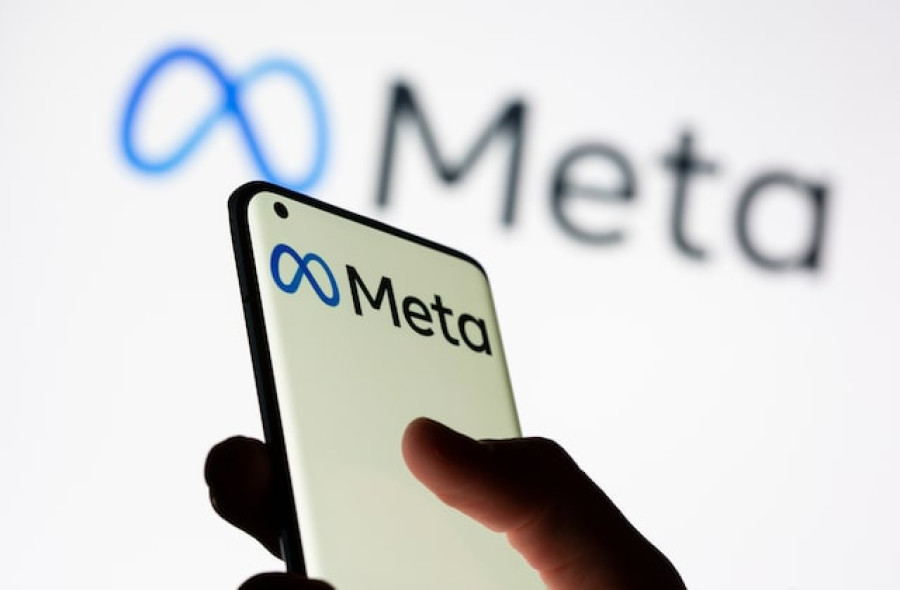National
Nepal pushes Meta to register amid tougher social media rules
Facebook’s parent company sends officials to Kathmandu as deadline looms.
Sajana Baral
Meta Platforms, the parent company of Facebook, Instagram, and WhatsApp, has sent representatives to Nepal after the government intensified pressure on social media companies to formally register under a new regulation.
The Ministry of Communication and Information Technology had given the social media platform until April 20 to register in Nepal or face potential restrictions. In response, ministry officials said Meta has dispatched its representative in Kathmandu and senior officials from its Singapore office to hold discussions.
Ruzan Sarwar, Meta’s public policy manager for the Asia-Pacific region and a liaison officer, are scheduled to meet Communications Minister Prithvi Subba Gurung on Thursday, according to the minister’s aide, Bikram Neupane.
“Following repeated efforts from the ministry, Meta has finally agreed to come to the table. Other companies are also in contact with us,” said Neupane.
Only three platforms—TikTok, Viber and WeChat—have so far registered with Nepal’s government. The country’s most-used platforms, including Facebook and Messenger, have received repeated official requests over the past year but have not complied.
Minister Gurung has publicly warned that companies unwilling to register will be barred from operating in Nepal.
Nepal introduced its “Directives Relating to the Regulation for the Usage of Social Media, 2023” in November 2023, requiring companies to register with the ministry, establish a contact point within Nepal, appoint a grievance officer, and designate an oversight official for self-regulation. The directive also outlines obligations to assist in criminal investigations, remove illegal content, and ensure compliance with Nepali law.
“Meta’s registration will set a precedent. We expect other platforms to follow,” said Gajendra Kumar Thakur, the ministry’s spokesperson.
The lack of registration has hindered the government’s ability to act on user complaints related to Facebook, Messenger, Instagram, WhatsApp and Threads, Thakur added.
Shaligram Parajuli, IT policy advisor to the ministry, said Meta sought clarification on the directive and wished to meet the minister directly.
Major platforms such as X (formerly Twitter), YouTube, Google, and LinkedIn are also expected to register. However, Meta, Elon Musk’s X, Snapchat and others have not responded to repeated notices.
The Asia Internet Coalition (AIC), an industry group representing Meta, Google, Apple, Amazon, Yahoo, Rakuten, Spotify and others, criticised the directive as impractical and inconsistent with international norms. In letters sent in 2023 and 2024, AIC argued that requiring companies to delete content within 24 hours was excessive and could undermine freedom of expression.
The group requested detailed dialogue with the Nepali government, including virtual or in-person consultations, but no such meetings have been held.
Instead, the government has continued issuing notices, warning companies to register within specific deadlines, ranging from one to three months, or face possible bans.
Nepal’s parliament is currently reviewing a draft bill that would legally enforce the directive, proposing penalties including platform bans for non-compliance. The bill, registered in the National Assembly, states that only approved platforms may operate in the country.
The government also imposes a 2 percent Digital Services Tax (DST) on the annual revenue of non-resident tech companies conducting business in Nepal. According to government data, companies including Microsoft, Google, Meta, Adobe, Netflix, Amazon, and Apple paid Rs410 million (approximately US$3.1 million) in DST in fiscal year 2023-24.




 22.69°C Kathmandu
22.69°C Kathmandu














